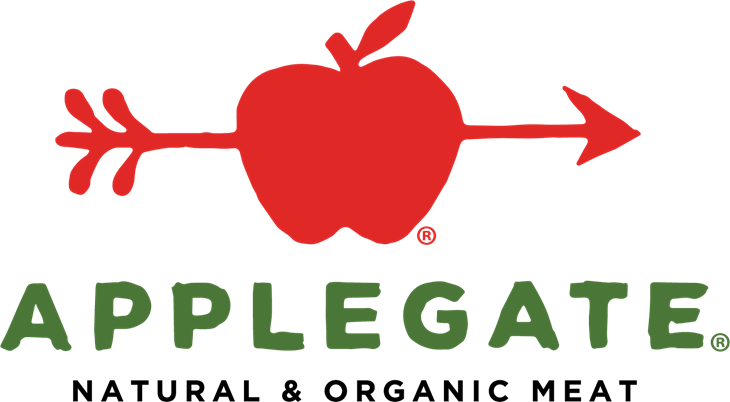4/3/2025
Every choice in food production can make a meaningful impact on the lives of animals, the environment, and the health of our planet. On March 25, 2025, Applegate announced its transition of all its beef hot dogs to 100% certified regenerative beef, achieving this ambitious goal nine months ahead of schedule. This significant step forward is not just about a product; it’s about a profound shift in how food can be produced to nurture animals, people, and the planet. Applegate’s successful transition and commitment to regenerative agriculture serve as a beacon for change in an industry that is too often dominated by factory farming and unsustainable practices.
Why Regenerative Agriculture Matters
Regenerative agriculture approaches food systems holistically, emphasizing positive outcomes for animal welfare, soil health, and biodiverse ecosystems. Unlike conventional farming, which often depletes the soil, damages ecosystems, and harms animals, regenerative practices work to restore the environment by ensuring that animals thrive naturally back on land, improving soil health, and increasing soil biodiversity.

For Applegate, regenerative practices go beyond sourcing beef from farms that already meet the criteria. Applegate’s efforts to transition 10.8 million acres of grasslands to certified regenerative land, which is 80% above its initial goal, demonstrate this company’s commitment to creating a food system that supports humane treatment of animals, healthy ecosystems and rural communities. By sourcing 100% of its beef from regenerative farms, Applegate is showing that it’s possible to produce food that is both nourishing and sustainable.
A New Standard for the Meat Industry
Applegate is not just claiming regenerative practices but is verifying this important step through obtaining the prestigious Regenerative Organic Certification (ROC™) at its Bronze level. This third-party certification ensures that animal welfare, human rights, and soil health are at the heart of production practices. Applegate’s transition to 100% certified regenerative beef sets a new benchmark for the meat industry, proving that it is possible to produce meat more sustainably.

For Compassion in World Farming, this move by Applegate is a powerful example of how businesses can lead the charge for positive change. By choosing products sourced from regenerative farms, consumers are supporting an agricultural model that nurtures both land and animals, offering a sustainable alternative to factory farming.
A Vision for the Future
At Compassion in World Farming, we believe in a world where animals are treated with dignity, the environment is cared for, and sustainable farming practices are the norm. Applegate’s leadership in regenerative agriculture is an inspiring step forward, and we believe it will serve as a catalyst for even more companies to follow suit. Together, we can create a food system that works for everyone: animals, people, and the planet.
